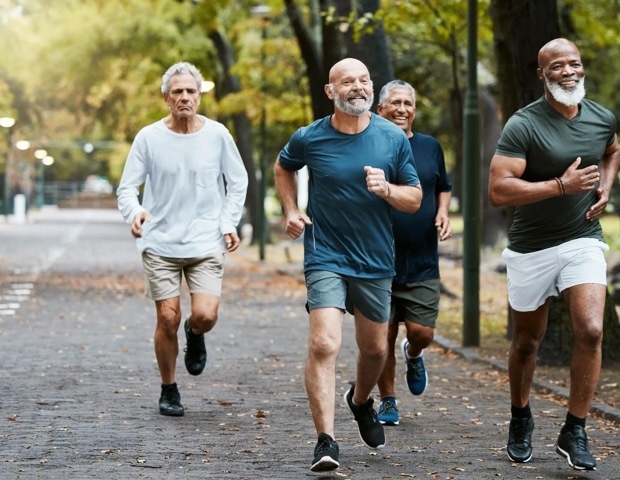
Finding the motivation to exercise is often cited as one of the greatest challenges in maintaining a workout routine. This struggle might explain why less than a quarter of people meet the activity goals recommended by the World Health Organization. But what if the key to enjoying exercise lies within our own personalities? Researchers in the UK have explored this intriguing possibility, examining how personality traits affect our exercise preferences and our commitment to staying active. Their findings, published in Frontiers in Psychology, offer new insights into the psychology of fitness.
“We found that our personality can influence how we engage with exercise, and particularly which forms of exercise we enjoy the most,” said Dr. Flaminia Ronca, the first author from University College London’s (UCL) Institute of Sport, Exercise and Health. Senior author Prof. Paul Burgess from the UCL Institute of Cognitive Neuroscience added, “Understanding personality factors in designing and recommending physical activity programs is likely to be very important in determining how successful a program is, and whether people will stick with it and become fitter.”
Different Sports for Different People
The study involved participants who attended lab testing to establish baseline fitness levels. They were then divided into two groups: one received an eight-week home-based fitness plan consisting of cycling and strength training (the intervention group), while the other group continued their usual lifestyle (the control group). Throughout the study, participants completed questionnaires assessing their enjoyment of each training session. The personality traits examined included extraversion, conscientiousness, agreeableness, neuroticism, and openness.
“Our brains are wired in different ways, which drives our behaviors and how we interact with our environment,” Ronca explained. “So it’s not surprising that personality would also influence how we respond to different intensities of exercise.”
For instance, individuals scoring high on extraversion preferred high-intensity sessions in social settings, such as team sports. Conversely, those with high neuroticism favored private workouts. Although they were comfortable with high intensity, they required short breaks between sessions. Meanwhile, people scoring high in conscientiousness and openness engaged in exercise regardless of enjoyment or were driven by curiosity, respectively.
Stress Reduction and Personality
An intriguing aspect of the study was the relationship between personality, changes in fitness, and stress levels. Initially, both groups exhibited similar stress levels. However, after the intervention, participants with high neuroticism scores experienced a significant reduction in stress. “It’s fantastic news, as it highlights that those who benefit the most from a reduction in stress respond very well to exercise,” Ronca noted.
The researchers emphasized the importance of finding enjoyable exercises and not being discouraged by initial disinterest. “It’s okay if we don’t enjoy a particular session,” Ronca said. “We can try something else.”
The Implications for Fitness Programs
These findings underscore the potential for personalized fitness programs tailored to individual personality traits. By aligning exercise types with personal preferences, individuals may be more likely to maintain a consistent workout routine. “We hope that if people can find physical activities that they enjoy, they will more readily choose to do them,” Burgess concluded. “After all, we don’t have to nag dogs to go for a walk: being so physically inactive that we start to feel miserable might be a peculiarly human thing to do. In effect, our body punishes us by making us miserable. But for some reason, many of us humans seem poor at picking up on these messages it is sending to our brain.”
This research opens the door to a new understanding of how psychological factors can enhance physical health. By recognizing the role of personality in exercise preferences, fitness professionals can develop more effective strategies to encourage physical activity, ultimately leading to healthier lifestyles.







